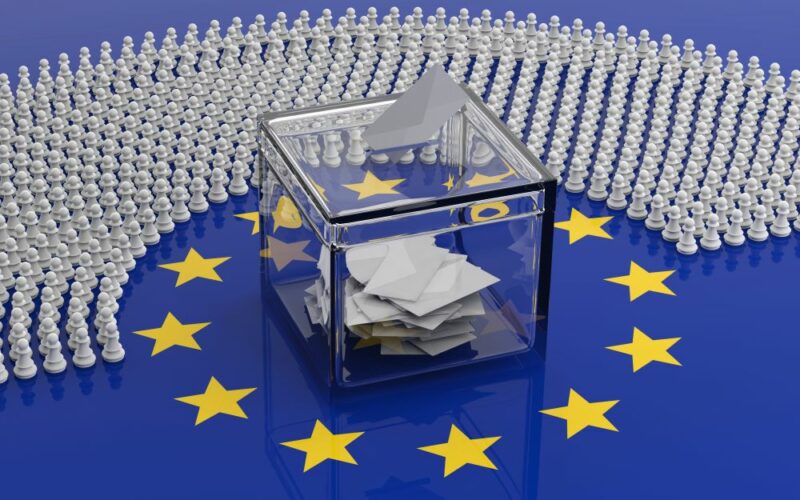Every five years, fervent supporters of the European Parliament emerge, urging citizens to elect representatives whose names are unfamiliar to most, for an institution whose purpose few can articulate.
“Vote in the European election!” proclaimed a banner by pro-European activists in Berlin last week. “The far right is on the rise. Democracy is at stake!”
But is it really?
In reality, despite its semblance of a true parliament—with dual chambers in Strasbourg and Brussels, numerous committees, extensive staff, and complex bureaucracy—the European Parliament lacks the essential power to legislate. The privilege of proposing laws rests solely with the European Commission.
Defenders might point out that the Parliament can amend and revise laws through negotiations with the Council and the Commission. However, this “trilogue” process is a poor substitute for real legislative authority.
Ultimately, the Parliament is subordinate to the Commission, which in turn is dominated by the Council, representing the member states. Debates in the EU Parliament may be vigorous, but its deputies typically align with their national consensus on major issues.
For instance, the European Green Deal, aimed at climate reform, illustrates this dynamic. Initially, the Parliament supported the phase-out of internal combustion engines by 2035. However, Germany’s center-right CDU, likely to regain power, is now campaigning against this phase-out, emphasizing Germany’s identity as the land of the automobile. This shift in stance threatens the entire policy, showing that national interests often override EU Parliamentary decisions.
Such scenarios explain why many voters, even if unclear on the Parliament’s workings, feel justified in ignoring it. The Parliament’s primary function seems to be creating an illusion of democratic action.
In practice, the Parliament, controlled by the same parties that dominate national governments, operates mainly as a rubber stamp. Despite its theatrics the institution’s practical purpose remains elusive.
Even EU Commission President Ursula von der Leyen seems to treat the Parliament lightly. Campaigning for a second term, she focuses on backroom deals with national leaders rather than engaging voters. Her recent agreement to scale back the Green Deal, a cornerstone of her first-term agenda, without public debate underscores the Parliament’s lack of real power.
For an institution that does little for democracy, the Parliament is costly. MEPs earn around €120,000 annually, significantly more than the average EU citizen. Additionally, maintaining sessions in Strasbourg costs over €100 million yearly, benefiting local businesses and the German airline Lufthansa, which operates a pricey air shuttle service for MEPs.
Another constant in EU elections is the narrative that Europeans don’t pay attention to the Parliament because national media seldom cover Brussels. While this is partly true, the real issue is that voters recognize the Parliament’s insignificance. National assemblies hold the real power, a fact evident to all.
Until the EU grants the Parliament genuine legislative power and reforms the election process with transnational candidate lists, it will remain a peripheral and somewhat comical institution.








